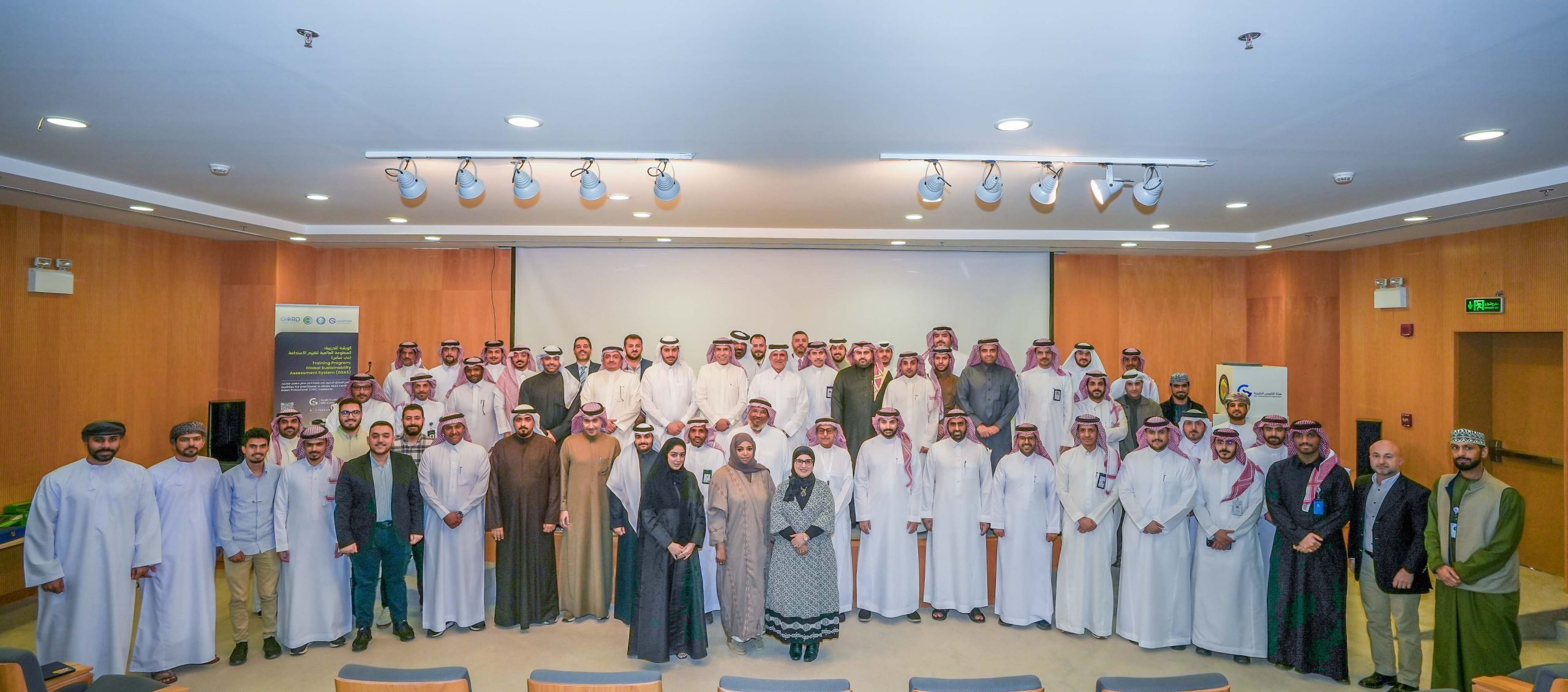NewEnergyBlue, a clean-technology company specialising in biomass refineries that convert agricultural waste into low-carbon biofuels and biochemicals, has completed its acquisition of Inbicon biomass-conversion technology from Ørsted, a Denmark-based renewable energy company. This acquisition grants NewEnergyBlue ownership of Inbicon’s international patent portfolio and global licensing rights for the bioconversion technology, significantly expanding the company’s operational reach beyond the Americas.
NewEnergyBlue’s biomass refineries, which process agricultural waste such as corn stalks and wheat straw into low-carbon biofuels and biochemicals, will now utilise Inbicon’s advanced technology to produce second-generation (2G) bioethanol and clean lignin. This development supports global efforts to replace fossil fuels and petrochemicals with renewable alternatives. The technology has attracted international interest from companies and scientists looking to utilize the refinery’s sugar and lignin streams.
Inbicon technology, originally developed in Denmark, was proven through several scale-ups, with its first commercial application at a biomass refinery in Kalundborg, Denmark, in 2009. The technology optimises process thermodynamics and chemical reactions without the use of caustic additives, producing clean water as a by-product. NewEnergyBlue plans to implement this technology at its New Energy Freedom biomass refinery in Mason City, Iowa, scheduled to open in 2026. The facility will convert corn stalks into bioethanol for low-carbon auto-fuel markets, with plans to further convert bioethanol into sustainable plastics for Dow Chemical.
Albury Fleitas, President of NewEnergyBlue, emphasised the worldwide potential for this technology and said, “Corn stalks from America, wheat straw from Canada and Europe, sugar bagasse in Brazil and India—all over the world, billions of tons of botanical waste are left behind after annual harvests. On the horizon, perennial grasses grown in the planet’s expanding arid regions where food crops no longer thrive. They’re all ideal feedstocks for our biomass refineries, more opportunities than ever to replace fossil fuels and chemicals with next-generation renewables.”
Fleitas further emphasised NewEnergyBlue’s commitment to sustainable solutions, stating, “We’re doing our part to take the fossil out of fuels, the oil out of plastics, and the heat out of the atmosphere. And we’re aligning ourselves with international partners who have the financial capacity, agility, and vision to get the job done.”














